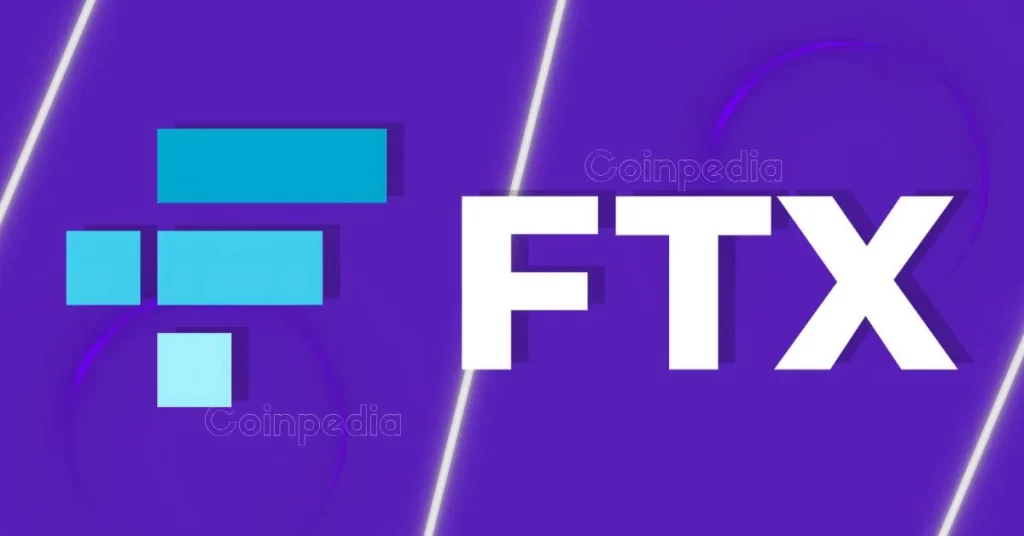ARTICLE AD BOX


Mastercard says it will allow merchants across its network to be paid with stablecoins in a partnership with payment processor Nuvei and stablecoin issuers Circle and Paxos.
Through the venture, 150 million merchants across the Mastercard network will now have the option to receive payments in stablecoins, regardless of how a customer pays, Mastercard said on April 28.
The payments giant also partnered with crypto exchange OKX for a crypto-enabled bank card, which Mastercard product chief Jorn Lambert said creates a “360-degree approach” where consumers can spend stablecoins and merchants can receive them.
He added that the “mainstream use cases are clear” for blockchain tech, and the company wanted “to make it as easy for merchants to receive stablecoin payments and for consumers to use them.”
The stablecoin market has continued to make gains, crossing a market value of $230 billion, an increase of 54% since last year, with Tether (USDT) and USDC (USDC) dominating 90% of the market.
Active stablecoin wallets have also increased over 50% in one year, according to a report last month from onchain analysis platforms Artemis and Dune.
Investment banking giant Citigroup predicted in an April 23 report that a combination of growing regulatory support and adoption by financial institutions has set the stage for the stablecoin market to reach as high as $3.7 trillion by 2030.
Mastercard launches another crypto card
Mastercard said its partnership with OKX for the so-called OKX Card aims to give crypto users “easy access to their funds” and integrate stablecoins into daily transactions.
OKX marketing chief Haider Rafique said the exchange’s venture with Mastercard is “a significant step toward integrating stablecoins into daily transactions and creating richer experiences.”
Related: Mastercard tokenized 30% of its transactions in 2024
Crypto wallet maker MetaMask also partnered with Mastercard on April 28 to launch a crypto payments card allowing users to spend self-custodied funds, using smart contracts to execute the IRL (In Real Life) transactions, with a processing speed under five seconds.
Mastercard has also worked with crypto exchanges like Kraken, Binance, and Crypto.com to allow crypto-enabled debit cards.
Magazine: Bitcoin payments are being undermined by centralized stablecoins
.png)
 5 hours ago
1
5 hours ago
1








 English (US)
English (US)